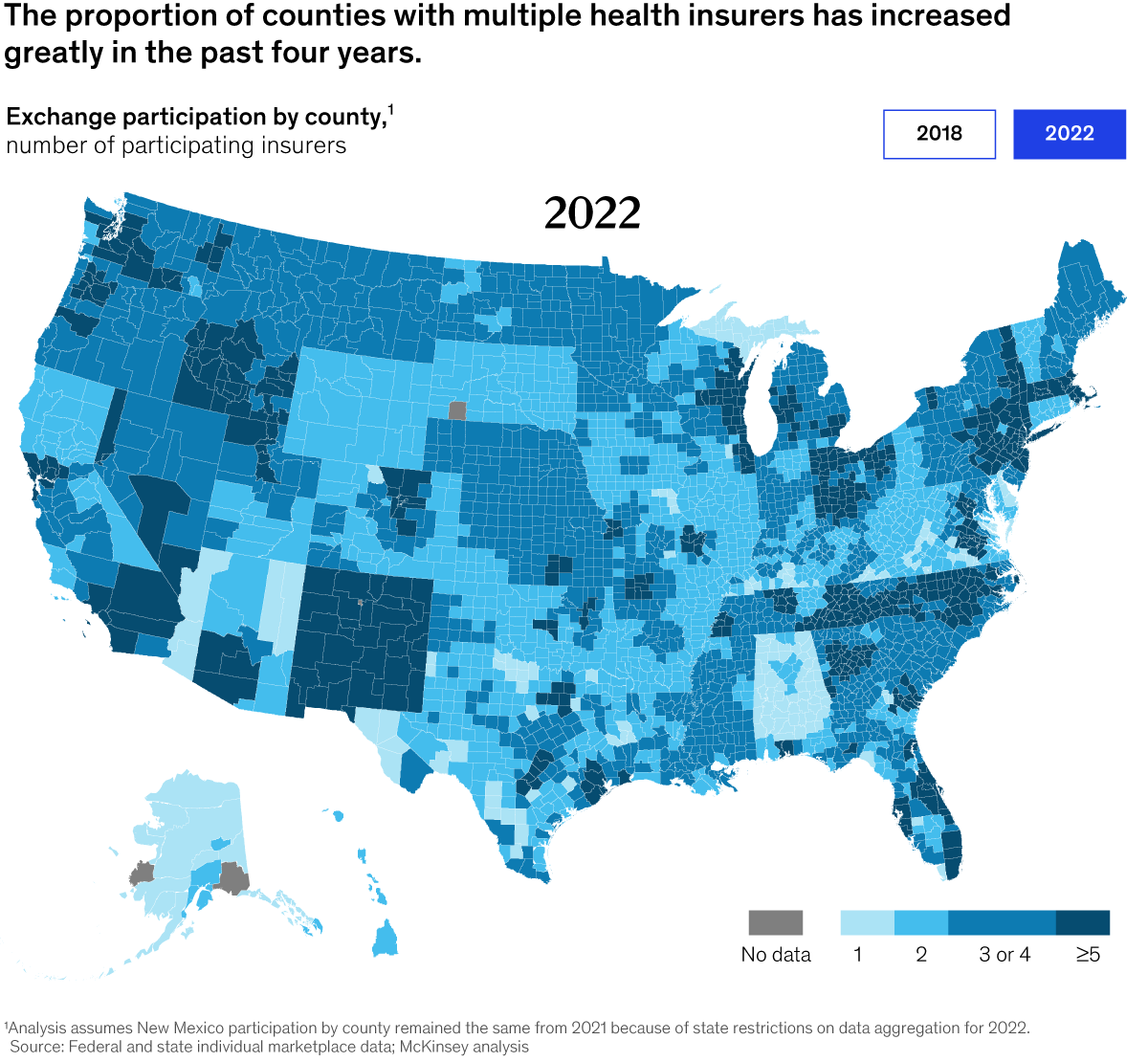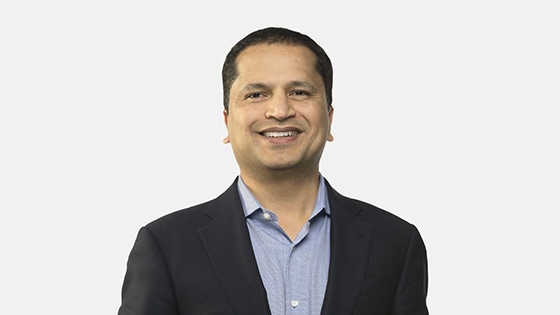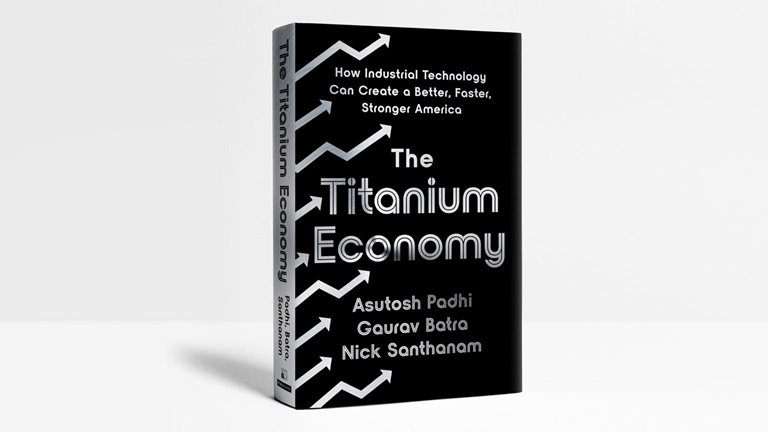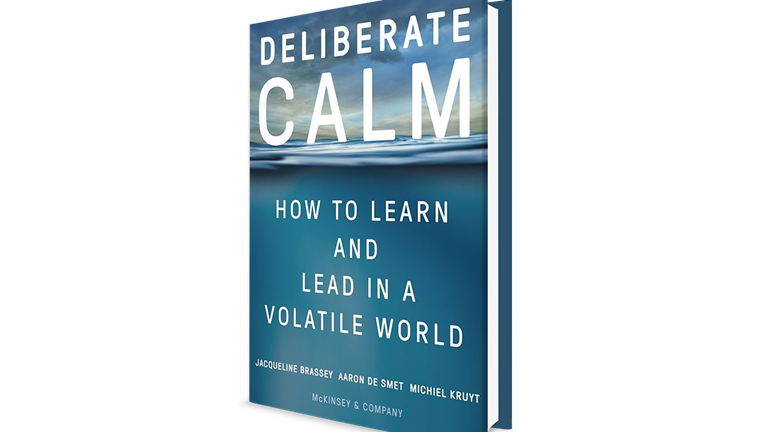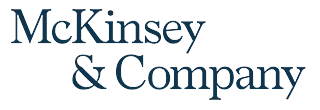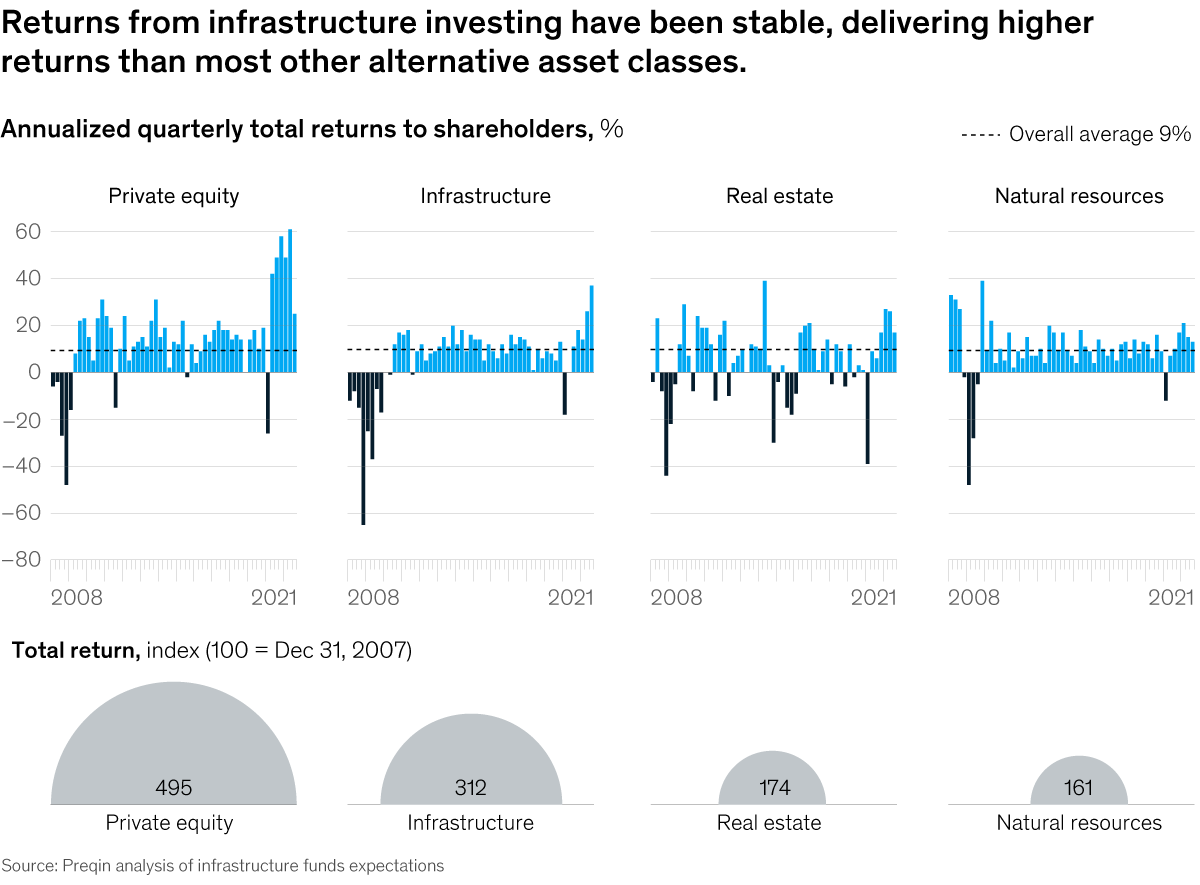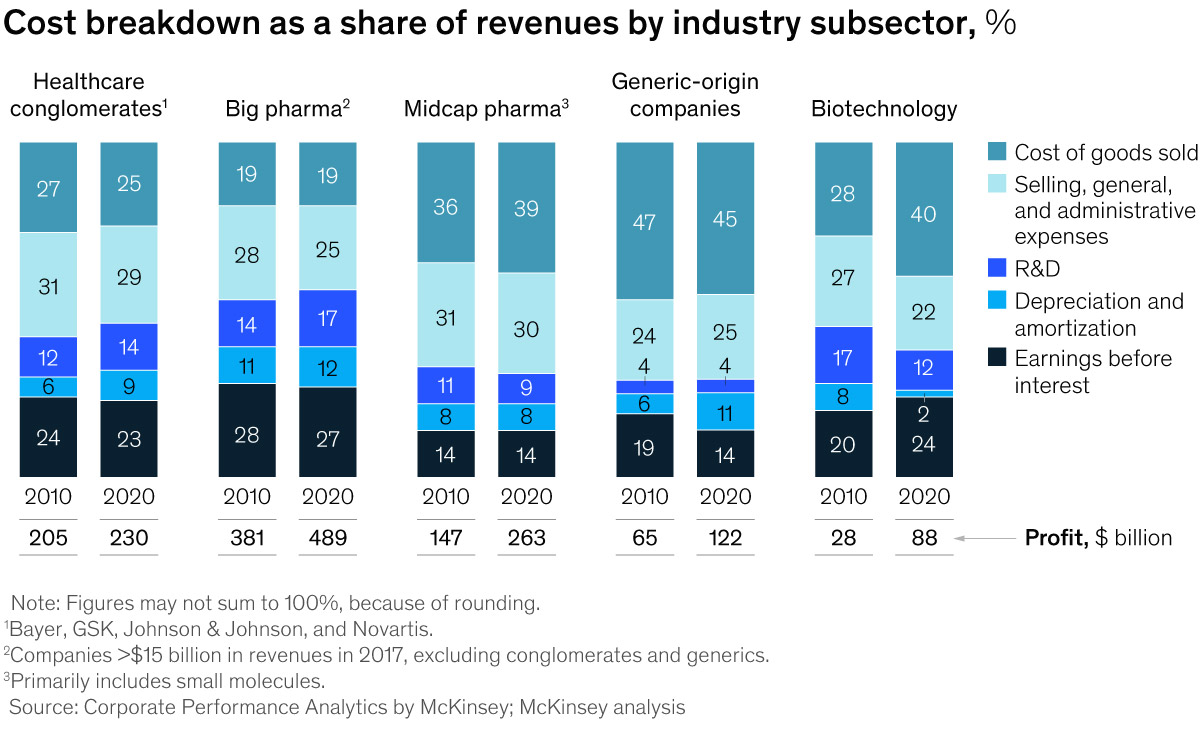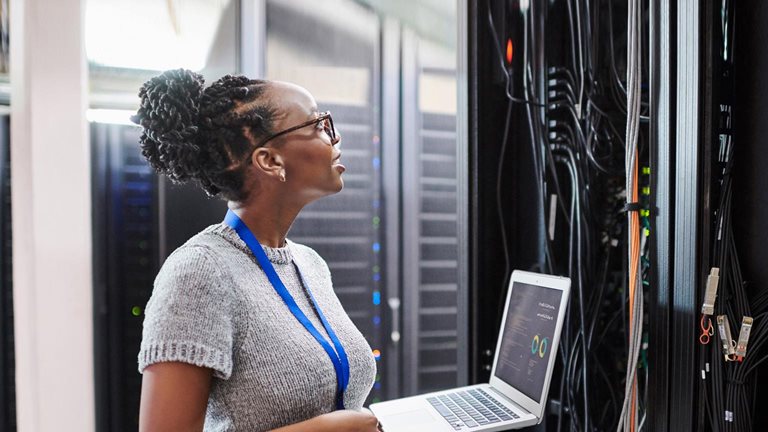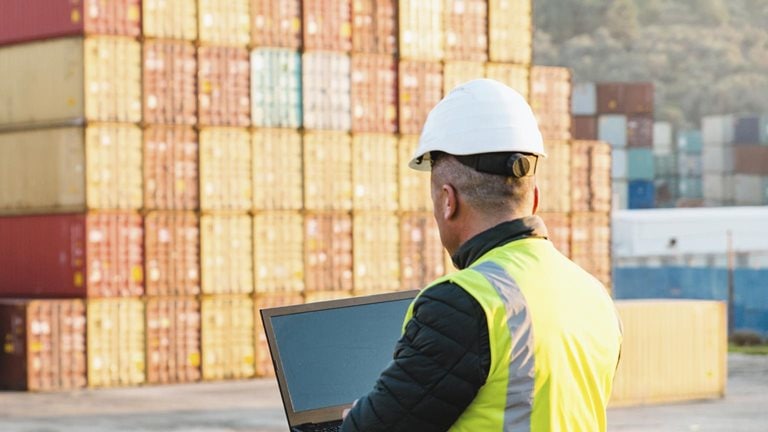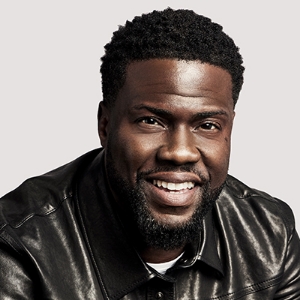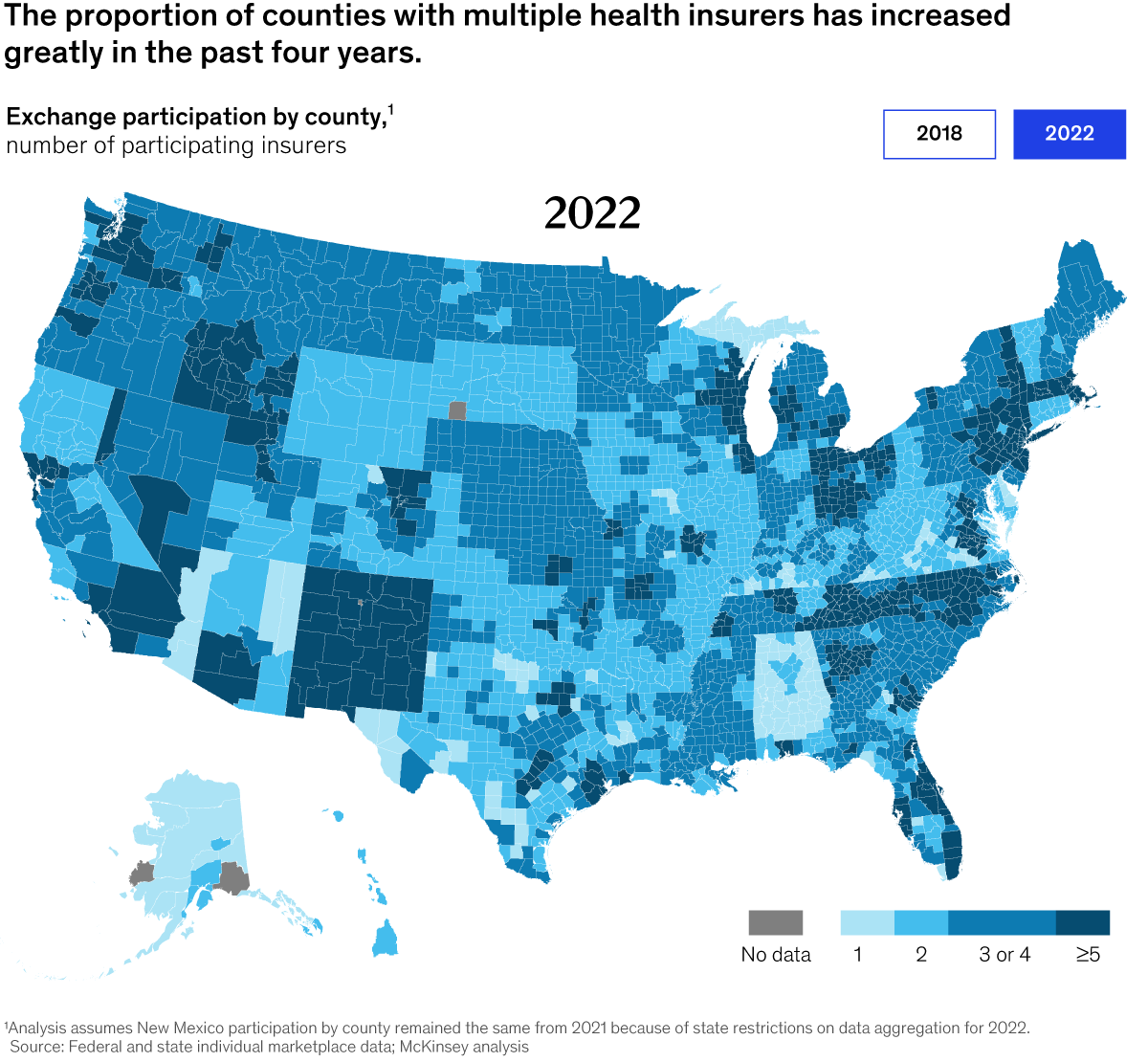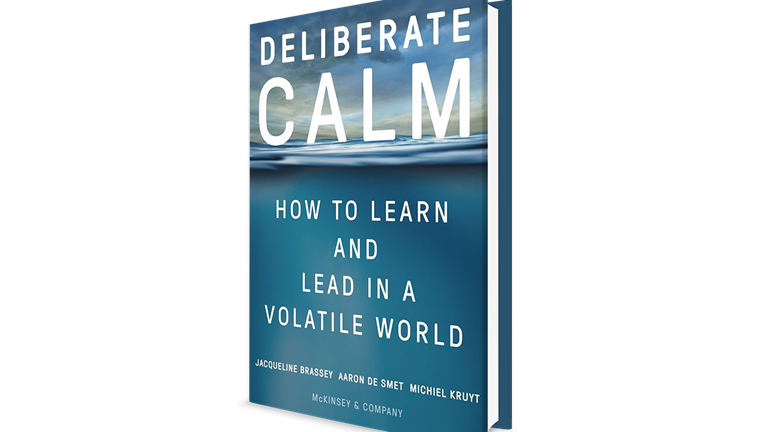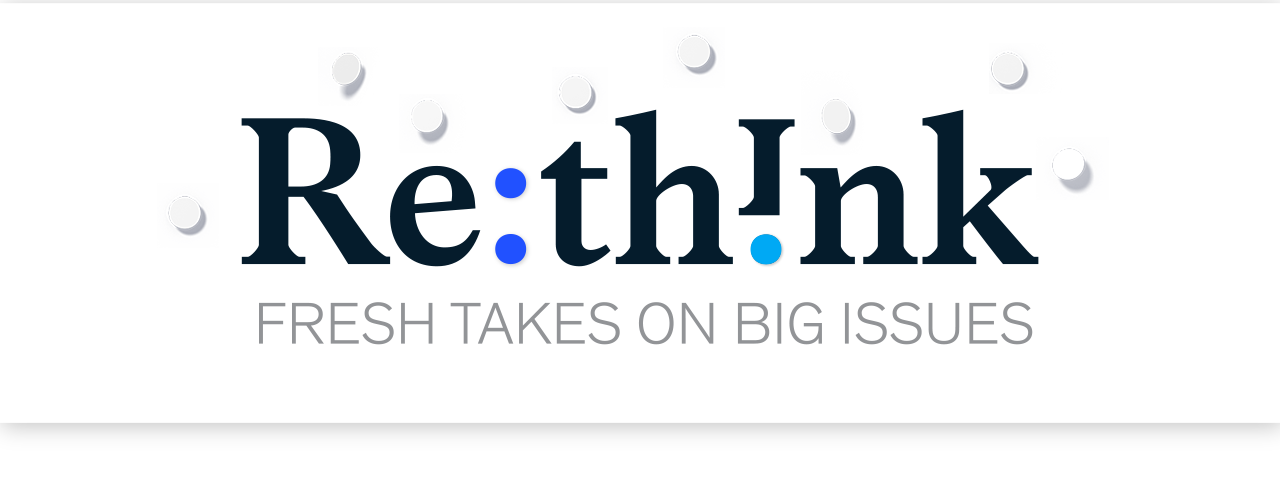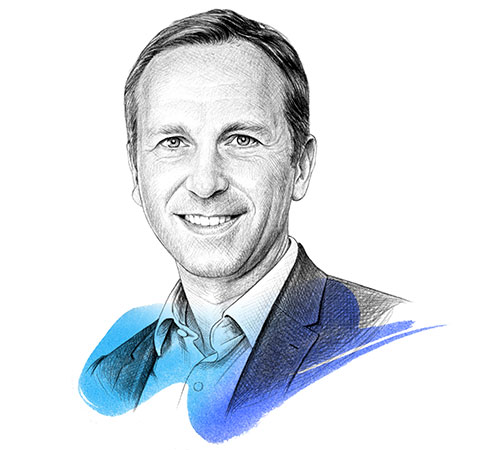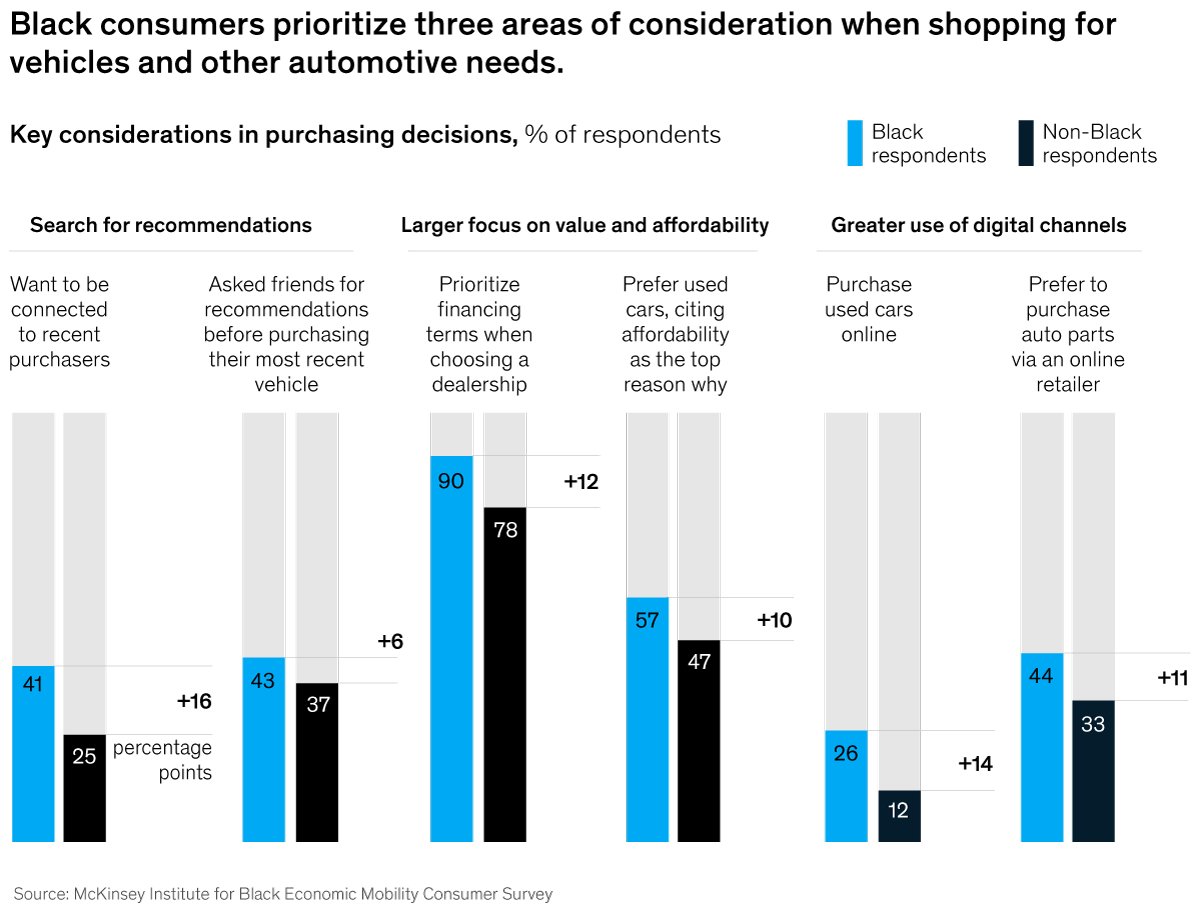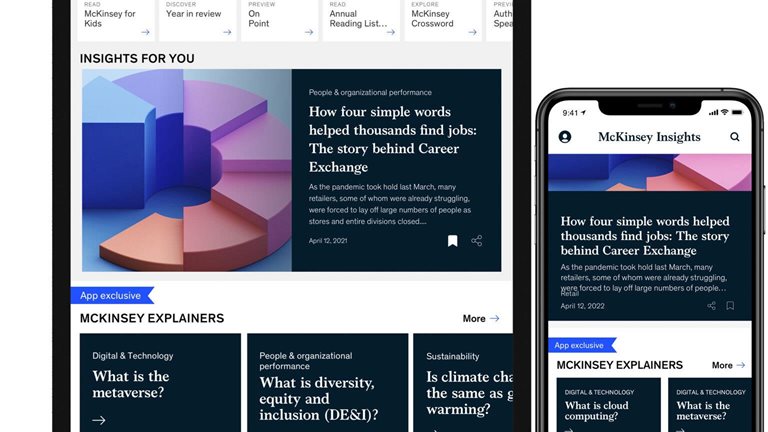Archives
- By thread 5294
-
By date
- June 2021 10
- July 2021 6
- August 2021 20
- September 2021 21
- October 2021 48
- November 2021 40
- December 2021 23
- January 2022 46
- February 2022 80
- March 2022 109
- April 2022 100
- May 2022 97
- June 2022 105
- July 2022 82
- August 2022 95
- September 2022 103
- October 2022 117
- November 2022 115
- December 2022 102
- January 2023 88
- February 2023 90
- March 2023 116
- April 2023 97
- May 2023 159
- June 2023 145
- July 2023 120
- August 2023 90
- September 2023 102
- October 2023 106
- November 2023 100
- December 2023 74
- January 2024 75
- February 2024 75
- March 2024 78
- April 2024 74
- May 2024 108
- June 2024 98
- July 2024 116
- August 2024 134
- September 2024 130
- October 2024 141
- November 2024 171
- December 2024 115
- January 2025 216
- February 2025 140
- March 2025 220
- April 2025 233
- May 2025 239
- June 2025 303
- July 2025 106
-
The week in charts
The Week in Charts
Health insurance, consumer spending, and more Share these insights
Did you enjoy this newsletter? Forward it to colleagues and friends so they can subscribe too. Was this issue forwarded to you? Sign up for it and sample our 40+ other free email subscriptions here.
This email contains information about McKinsey's research, insights, services, or events. By opening our emails or clicking on links, you agree to our use of cookies and web tracking technology. For more information on how we use and protect your information, please review our privacy policy.
You received this email because you subscribed to The Week in Charts newsletter.
Copyright © 2022 | McKinsey & Company, 3 World Trade Center, 175 Greenwich Street, New York, NY 10007
by "McKinsey Week in Charts" <publishing@email.mckinsey.com> - 03:21 - 1 Oct 2022 -
The US economy is uncertain, but this one sector reveals a bright spot
Readers & Leaders
The side of manufacturing you don't know about THIS MONTH'S PAGE-TURNERS ON BUSINESS AND BEYOND
Change can be scary, but not when it’s the kind that reinvigorates the American economy. The authors of McKinsey’s forthcoming book, The Titanium Economy, say the industrial sector is on the brink of its best years yet, but it won’t look anything like the old image of American manufacturing. In this edition of Readers & Leaders, learn more from senior partner and coauthor Asutosh Padhi about the new age of industrial technology, catch up on our conversations with AOL founder Steve Case and former Medtronic CEO Bill George, and see this month’s best-selling business books, prepared exclusively for McKinsey by NPD BookScan. Itching for more good reads? Visit McKinsey on Books for the latest, and to get Readers & Leaders in your inbox monthly, click here to subscribe.
AUTHOR TALKS
The titanium age of US manufacturing is dawning, says North America managing partner Asutosh Padhi. Along with coauthors Gaurav Batra and Nick Santhanam, Padhi examined more than 80 industrial technology companies and identified the 35 leading the American economy into a new era of sustainable, inclusive growth. In a recent edition of Author Talks, the authors reveal how this underrecognized sector—which is responsible for B2B products like recycled lumber and color enamels—is driving long-term gains in innovation and employment.
“Because [titanium economy companies] tend to be smaller from the standpoint of revenues, they don’t make headlines in the news media. Titanium economy companies have been going about doing what they’re actually good at, which is delivering great returns for their shareholders, taking care of customers, taking care of employees, doing the job around communities, and cleaning the environment—but they have never really found an opportunity to pull it all together and tell the story.” Preorder The Titanium Economy: How Industrial Technology Can Create a Better, Faster, Stronger America and watch the full interview here.BUSINESS BESTSELLERS TOP
8
BOO! An empty bookshelf is terrifying. Dust off the cobwebs and stock up on the top business bestsellers in eight categories, prepared exclusively for McKinsey by NPD BookScan. Explore the full lists on McKinsey on Books.
BUSINESS OVERALL
Atomic Habits: An Easy & Proven Way To Build Good Habits & Break Bad Ones by James Clear (Avery Publishing Group)
BUSINESS HARDCOVER
Atomic Habits: An Easy & Proven Way To Build Good Habits & Break Bad Ones by James Clear (Avery Publishing Group)
DECISION MAKING
Blink: The Power of Thinking Without Thinking by Malcolm Gladwell (Hachette Book Group)
ECONOMICS
The Voltage Effect: How to Make Good Ideas Great and Great Ideas Scale by John A. List (Random House)
ORGANIZATIONAL BEHAVIOR
Atomic Habits: An Easy & Proven Way To Build Good Habits & Break Bad Ones by James Clear (Avery Publishing Group)
WORKPLACE CULTURE
Impact Players: How to Take the Lead, Play Bigger, and Multiply Your Impact by Liz Wiseman (HarperCollins Publisher)
DIVERSITY & INCLUSION
Caste (Oprah’s Book Club): The Origins of Our Discontents by Isabel Wilkerson (Random House)
SUSTAINABILITY
Gambling on Development: Why Some Countries Win and Others Lose by Stefan Dercon (Oxford University Press)
BOOKMARK THIS
If you’d like to propose a book or author for #McKAuthorTalks, please email us at Author_Talks@Mckinsey.com. Due to the high volume of requests, we will respond only to those being considered.
—Edited by Molly Liebergall, a digital editor in McKinsey’s New York office
Share these insights
Did you enjoy this newsletter? Forward it to colleagues and friends so they can subscribe too.
Was this issue forwarded to you? Sign up for it and sample our 40+ other free email subscriptions here.
This email contains information about McKinsey's research, insights, services, or events. By opening our emails or clicking on links, you agree to our use of cookies and web tracking technology. For more information on how we use and protect your information, please review our privacy policy.
You received this email because you subscribed to the Readers & Leaders newsletter.
Copyright © 2022 | McKinsey & Company, 3 World Trade Center, 175 Greenwich Street, New York, NY 10007
by "McKinsey Readers & Leaders" <publishing@email.mckinsey.com> - 11:09 - 1 Oct 2022 -
Being hopeful, the economic state of Latinos, green shipping corridors, and more big reads for the weekend
Harmony Internal - McKinsey
Dive into the weekend with these reads CURATED PICKS FOR YOUR DOWNTIME, FROM OUR EDITORS

Joyce Yoo
Digital Editor, New YorkWe’ve made it to the weekend. As we say hello to a new month, catch up on this week’s big reads on brand building, being hopeful, green corridors, and more.
Quote of the day
—Dipo Faloyin, author and a senior editor at VICE on African identity, in a recent Author Talks interview
Chart of the day
ready to unwind?
Share these insights
Did you enjoy this newsletter? Forward it to colleagues and friends so they can subscribe too. Was this issue forwarded to you? Sign up for it and sample our 40+ other free email subscriptions here.
This email contains information about McKinsey's research, insights, services, or events. By opening our emails or clicking on links, you agree to our use of cookies and web tracking technology. For more information on how we use and protect your information, please review our privacy policy.
You received this email because you subscribed to the Daily Read newsletter.
Copyright © 2022 | McKinsey & Company, 3 World Trade Center, 175 Greenwich Street, New York, NY 10007
by "McKinsey Daily Read" <publishing@email.mckinsey.com> - 05:15 - 30 Sep 2022 -
Forward Thinking on talent, state capacity, and being hopeful with Tyler Cowen
Harmony Internal - McKinsey
Discover and innovate New from McKinsey Global Institute
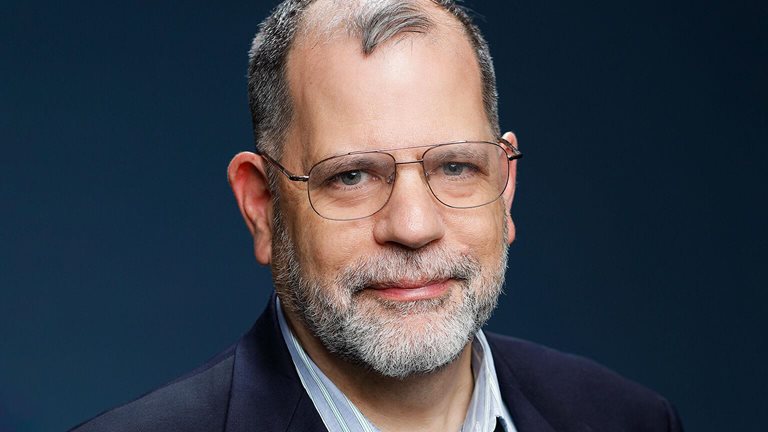
Forward Thinking on talent, state capacity, and being hopeful with Tyler Cowen
Discover and innovate Explore this and future episodes of the McKinsey Global Institute’s Forward Thinking podcast on our site, and subscribe to ensure you never miss a new one. Subscribe via Apple podcasts, Google Podcasts, Stitcher, or Spotify.
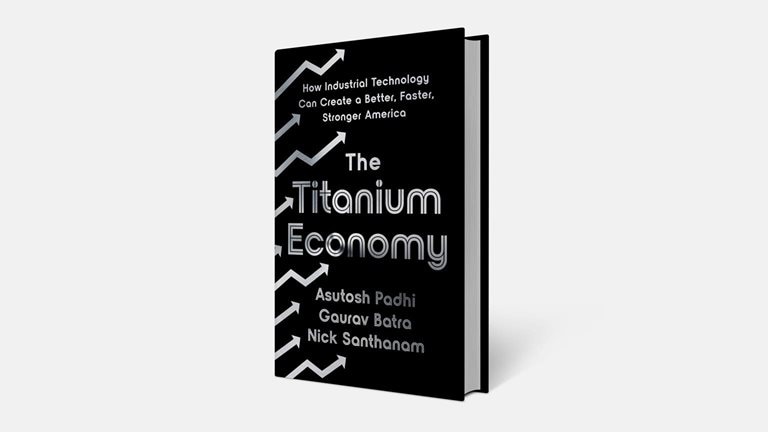
Author Talks: How industrial technology is creating a more inclusive economy
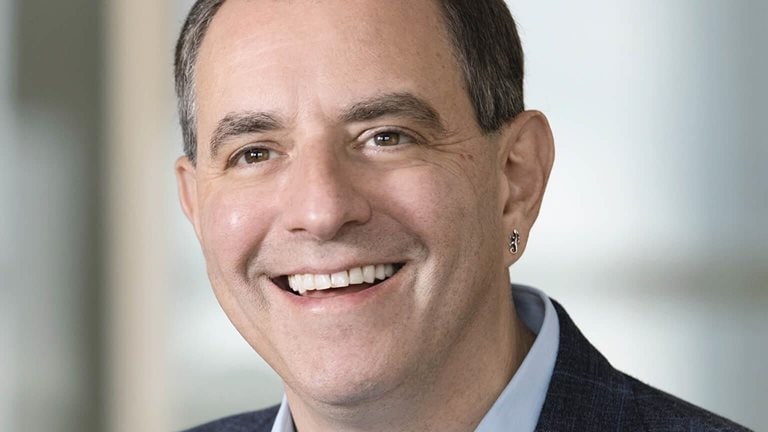
Pandemic paradoxes, labor market myths, and ‘cowboy capitalism’ with David Autor
Share these insights
This email contains information about McKinsey's research, insights, services, or events. By opening our emails or clicking on links, you agree to our use of cookies and web tracking technology. For more information on how we use and protect your information, please review our privacy policy.
You received this email because you subscribed to our McKinsey Global Institute alert list.
Copyright © 2022 | McKinsey & Company, 3 World Trade Center, 175 Greenwich Street, New York, NY 10007
by "McKinsey & Company" <publishing@email.mckinsey.com> - 02:22 - 30 Sep 2022 -
We'd like to stay in touch.
We'd like to stay in touch.
Your success is our priority.
Let’s Stay Connected
Stay connected 

Let’s Make an Impact Together
You are currently subscribed to receive communications from Intel but it seems we have not connected in some time.
Intel is driving innovation that helps our customers make the world safer, build healthy and vibrant communities, and that enriches the lives of all of us. Let’s remain in touch and make an impact together.
Visit the Subscription Center page to change or update when and how we communicate via email.Stay connected 
 This was sent to info@learn.odoo.com because you are subscribed to Newsletters. To view and manage your marketing-related email preferences with Intel, please click here.
This was sent to info@learn.odoo.com because you are subscribed to Newsletters. To view and manage your marketing-related email preferences with Intel, please click here.© 2022 Intel Corporation
Intel Corporation, 2200 Mission College Blvd., M/S RNB4-145, Santa Clara, CA 95054 USA. www.intel.comPrivacy | Cookies | *Trademarks | Unsubscribe | Manage Preferences
by "Intel Corporation" <subscriptions@plan.intel.com> - 01:00 - 30 Sep 2022 -
[September Global Update] Exciting stories and essential reading from Remote!
[September Global Update] Exciting stories and essential reading from Remote!
Remote wins again, an exclusive new report, webinars and much more.Hi MD,
Welcome to your Remote global update for September 2022. There is so much exciting news this month that we can’t wait to jump right into it.
What we have for you this month:
- G2 rates Remote as the #1 Multi-Country Payroll provider in their Fall Report 2022.
- Welcoming new partners to the Remote Marketplace.
- Exclusive new report: Remote’s Global Benefits Report 2022.
- On-demand webinars.
- New articles from the blog.
Remote wins back-to-back!
We’re thrilled and humbled to once again receive the recognition from G2 as the #1 Multi-Country Payroll provider in their Fall Report 2022 🥇
PARTNERSHIP NEWS
New partners championing sustainability
We're excited to empower our customers to take action against climate change. That's why we've added two more environmentally-friendly partners to our marketplace: EcoCart and Plan A.
Marketplace partners, you can trust
Have you checked out the latest deals for Remote customers from Ledgy, Ramp, Refapp, and SwagUp? They are just a few of the partners in our marketplace focused on helping you grow your global business.
Welcoming our newest talent and recruitment partners
We're excited to welcome Beisen and Supercoder to our growing roster of talent and recruitment partners. Reach out to us if you want to learn more about joining our partnership programs or to collaborate with one of our amazing partners!
new resources
Exclusive new report: Remote’s Global Benefits Report 2022
We are proud to share Remote’s Global Benefits Report, a first-of-its-kind study on what benefits matter to employees around the world in this new age of work. Remote’s new report on global benefits offers industry-leading insights on what employees want and need in key markets.
on-demand webinar
Watch the on-demand webinar: An exclusive look at new research on global benefits.
We recently sat down with three benefits experts from Remote as we jump into this new report and its findings. If you missed the live event, have no fear you can watch the full recording on-demand now.
from the blog
For Chaleit, 'Remote is a peer, not a vendor.'
If your organization works in the digital space or has remote workers, there’s a cybersecurity company you’re going to hear about if you haven’t already: Chaleit.
The future of digital jobs: Which skills will be the most important to businesses?
If you’re considering a new role, just starting out in your career, or looking to improve on your skill set within digital industries, you need an understanding of which skills are the most important.
You received this email because you are subscribed to News & Offers from Remote Technology, Inc.
Update your email preferences to choose the types of emails you receive.
Unsubscribe from all future emailsRemote Technology, Inc.
Copyright © 2022 Remote Technology, Inc. All rights reserved.
18 Bartol St. #1163 San Francisco California
by "Remote" <hello@remote-comms.com> - 12:31 - 30 Sep 2022 -
Sangoma Roadshow Dubai - 2022
Sangoma Roadshow Dubai - 2022
Save the Date! October 11, 2022 SANGOMA M-POWER ROADSHOW & AWARDS NIGHT
As a valued partner, you’re invited to join us for our exclusive Sangoma Roadshow and Awards Night! Hear from sales, marketing, and product leaders on how Sangoma is enabling you to sell more effectively through hands-on learning sessions, professional networking, training, and some well-deserved fun!
There is no cost to attend, but pre-registration is required.
Early Bird Registration Now OpenEarly Bird Registration Now Open [[https://www.eventbrite.com/e/sangoma-roadshow-awards-night-in-dubai-2022-tickets-429594367317]] [ Image ]
[ Image ]Free video conferencing & collaboration with Sangoma Meet™ meet.sangoma.com
Sangoma Technologies
100 Renfrew Drive, Suite 100Markham ON L3R 9R6 CANADA
This email was sent to info@learn.odoo.com. If you no longer wish to receive these emails you may unsubscribe at any time.
by "Sangoma Technologies" <webannounce@sangoma.com> - 07:01 - 30 Sep 2022 -
More Americans are working independently. What does that mean for employers?
The Shortlist
An optimistic group 
Edited by Barbara Tierney
Senior Editor, New YorkThis week, we look at what a growing number of independent workers means for US companies. Plus, an interview with Erika James, the dean of Wharton, and Tech for Execs explains how businesses can put the technology behind “deep fakes” to good use.
The holy grail of employment has long been a full-time job with one employer. But a big chunk of the US workforce has shifted away from that pursuit. In a recent American Opportunity Survey, a remarkable 36 percent of employed respondents identified themselves as independent workers—a category that includes contract, freelance, temporary, and gig workers. That is a hefty increase since 2016, when McKinsey estimated the US independent workforce at 27 percent of the employed population.
An intriguing twist. Senior partner Kweilin Ellingrud and her colleagues found that these independent workers are also far more optimistic than the average American worker about their own futures and the economic outlook. This optimism—buoyed in part by the positivity of first-generation immigrants—is notable considering the hardships that independent workers face, including a lack of access to healthcare. A majority report being concerned about the stability of their employment, compared with 35 percent of permanent workers.
Flux time. With the economy entering a period of uncertainty, what does the growing number of independent workers mean for companies and employment overall? Throughout the Great Attrition era, McKinsey research has shown that most organizations haven’t pivoted fast enough to address the fact that the workforce has indeed changed. Too many still rely on the idea that traditional workers will fill traditional jobs. Looking to those who want flexibility, and understanding why people are attracted to this type of work, will help companies fill vacancies they’ve had a hard time filling. This goes beyond hybrid work models to considering how best to support this growing slice of workers and help them flourish.
US manufacturing as a test case. Although the sector represents just 11 percent of US GDP, manufacturing makes a disproportionate economic contribution, including 20 percent of the nation’s capital investment, 35 percent of productivity growth, and 70 percent of business R&D spending. Manufacturers are in the process of modernizing their operations by pursuing automation, digitization, and greater sustainability to change the way they produce—and where. For these efforts to be effective, companies will need to focus on building the skills of their employees, both existing workforces and contract workers. Independent workers may now be in a better position to claim a slice of these high-skill, high-wage jobs as the industry becomes more innovative and competitive.
Erika H. James is the first woman and the first person of color to be the Wharton School’s dean since the institution was founded in 1881. With a background in organizational psychology, she is an expert on crisis leadership, workplace diversity, and management strategy. She recently sat down with McKinsey partner Monne Williams to talk about the nuances of mentorship, the gains and setbacks she sees in the pursuit of diversity, and how confidence builds a record of success.
Our experts serve up a periodic look at the technology concepts leaders need to understand to help their organizations grow and thrive in the digital age.
Recall that data is the food of algorithms. The generator works to produce a synthetic version of the data it’s fed that is good enough to “fool” the discriminator. The discriminator works to distinguish between data that is genuine and synthetic. At the start, the generator creates random patterns that the discriminator can easily distinguish from “real” data, but produces more representative data with each attempt. Over time, the generator will get very good at generating synthetic data that can fool the discriminator.
GANs have plenty of industry-specific uses as well. Some healthcare providers use GANs to analyze X-ray images to accelerate and improve physicians’ diagnoses. Pharma companies are turning to GANs to learn which of millions of potential compounds are best suited for new treatments. Financial markets are leveraging these algorithms to help predict stock price movements. Retailers are using them to boost personalization by developing a very granular understanding of what customers are most likely to respond to, including customized product descriptions.
Tell us what you think Share these insights
This email contains information about McKinsey's research, insights, services, or events. By opening our emails or clicking on links, you agree to our use of cookies and web tracking technology. For more information on how we use and protect your information, please review our privacy policy.
You received this email because you subscribed to The Shortlist newsletter.
Copyright © 2022 | McKinsey & Company, 3 World Trade Center, 175 Greenwich Street, New York, NY 10007
by "McKinsey Shortlist" <publishing@email.mckinsey.com> - 01:13 - 30 Sep 2022 -
What’s the ‘titanium economy’? It could be the key to future US economic growth.
On Point
Innovation in industrial tech 
Edited by Belinda Yu
Editor, Atlanta• Valuable but unfamiliar. There’s a vibrant “titanium economy” made up of companies that you’ve likely never heard of, even though they routinely outperform major stock indexes like the S&P 500. McKinsey senior partner Asutosh Padhi and coauthors Gaurav Batra and Nick Santhanam highlight 35 firms—makers of aerospace parts, color enamels, and other products—that fly under the radar and yet bring immense value to the US economy in their book, The Titanium Economy: How Industrial Technology Can Create a Better, Faster, Stronger America.
• A critical sector. In the US, about 5,000 companies have spurred growth in the industrial tech sector for the past century, providing high-paying jobs, investing in employee development, and powering innovation in manufacturing. But that’s just scraping the surface of what the industry could be, says Padhi. In time, the sector could grow to two or three times what it is today, helping to create good jobs, a cleaner planet, and a more inclusive economy. Read the full interview to learn more about industrial technology, an understated but critical sector.
This email contains information about McKinsey's research, insights, services, or events. By opening our emails or clicking on links, you agree to our use of cookies and web tracking technology. For more information on how we use and protect your information, please review our privacy policy.
You received this email because you subscribed to the On Point newsletter.
Copyright © 2022 | McKinsey & Company, 3 World Trade Center, 175 Greenwich Street, New York, NY 10007
by "McKinsey On Point" <publishing@email.mckinsey.com> - 12:28 - 30 Sep 2022 -
Mining for tech-talent gold: Seven ways to find and keep diverse talent
Harmony Internal - McKinsey
Build a diverse talent pool 
Edited by Joyce Yoo
Digital Editor, New YorkFinding and retaining diverse talent for technical roles is an ongoing challenge. While companies have made efforts to diversify their talent pools, studies have shown that women and Black employees are underrepresented in technical positions. The benefits of more diverse work forces have been well documented, but progress has been halting and often disappointing even with the best of intentions. While there are no easy fixes, a series of practices is emerging that are showing signs of success in addressing the diversity gap, giving companies an opportunity to rethink how companies approach their talent strategy, according to McKinsey’s Kathryn Kuhn, Eric Lamarre, Chris Perkins, and Suman Thareja. In a new article, they lay out seven practices to help find and keep diverse tech talent. Give it a read to learn how to break through on this critical topic.
Quote of the day
Chart of the day
ALSO NEW
Share these insights
Did you enjoy this newsletter? Forward it to colleagues and friends so they can subscribe too. Was this issue forwarded to you? Sign up for it and sample our 40+ other free email subscriptions here.
This email contains information about McKinsey's research, insights, services, or events. By opening our emails or clicking on links, you agree to our use of cookies and web tracking technology. For more information on how we use and protect your information, please review our privacy policy.
You received this email because you subscribed to the Daily Read newsletter.
Copyright © 2022 | McKinsey & Company, 3 World Trade Center, 175 Greenwich Street, New York, NY 10007
by "McKinsey Daily Read" <publishing@email.mckinsey.com> - 06:28 - 29 Sep 2022 -
Manufacturing enhances innovation and competitiveness. How can leaders support it?
On Point
What’s next for US manufacturing 
Edited by Seth Stevenson
Senior Editor, New York• Making stuff matters. Since 1997, the US has lost about 25% of its manufacturing firms and about 4.5 million manufacturing jobs, says McKinsey partner Eric Chewning. A lack of manufacturing hinders technical innovation and could make America particularly susceptible to supply chain disruption. In his previous work at the US Department of Defense, Chewning also saw that there was a single supplier for many components of military equipment—this lack of resilience could potentially lead to security vulnerabilities. A resurgent US manufacturing sector would be a valuable national resource.
• Skills to pay the bills. Americans in the middle of the country who do not have college degrees could benefit greatly from an influx of good manufacturing jobs. But in a conversation with McKinsey senior partner André Dua, Chewning notes that tens of thousands of jobs may require new digital capabilities that many workers don’t currently have. Before America can build more products such as computer ships or naval submarines, an infusion of resources could be needed to reskill the manufacturing workforce. See four goals for the future of America where manufacturing plays an important role.
This email contains information about McKinsey's research, insights, services, or events. By opening our emails or clicking on links, you agree to our use of cookies and web tracking technology. For more information on how we use and protect your information, please review our privacy policy.
You received this email because you subscribed to the On Point newsletter.
Copyright © 2022 | McKinsey & Company, 3 World Trade Center, 175 Greenwich Street, New York, NY 10007
by "McKinsey On Point" <publishing@email.mckinsey.com> - 12:32 - 29 Sep 2022 -
Look who’s coming to MAX this year
Adobe
Be inspired by expert speakers in design, photography, illustration, video, and more. Adobe MAXThe Creativity ConferenceOct 20 Virtual EventYou may have received an email from us featuring Adobe MAX virtual event luminary speakers outside of the Asia Pacific event. We apologise for this error, please see the Asia Pacific luminary speaker line-up below.
Inspiration everywhere.Emmy Award-Winning choreographer and founder of The Palace Dance Parris Goebel and Emmy Award-Nominated actor and comedian Kevin Hart will share their stories and insights. You’ll hear what inspires them and how they might inspire your creative journey. Inspiration all around.
Diamond sponsors
Connect with top creative professionals as a MAX sponsor. See how.*Offer valid through the close of Adobe MAX 2022 registration. VOID WHERE PROHIBITED OR RESTRICTED BY LAW. Valid only for Adobe Creative Cloud members 18 or older with purchase of one (1) full (three-day) Conference Pass to the Adobe MAX event occurring October 18–20, 2022. Limit one (1) discount per person; not available retroactively. To redeem the US$500 savings with purchase of one (1) full Conference Pass for MAX 2022 (reg. street price US$1,895), register at max.adobe.com (or register on-site at the event) and provide promotion code M22CC when prompted. Discount will be applied during checkout. Offer not valid with non-full (three-day) MAX passes or for group, bundle, or volume purchases. Offer is subject to availability and may not be exchanged, sold, or transferred; combined with any other discount or offer; or redeemed for cash or other goods and services.
Adobe and the Adobe logo are either registered trademarks or trademarks of Adobe in the United States and/or other countries. All other trademarks are the property of their respective owners.By clicking on some of the links in this email, you might be redirected to forms that will be pre-populated with your contact information.
This is a marketing email from Adobe Systems Software Ireland Limited, 4‑6 Riverwalk, Citywest Business Park, Dublin 24, Ireland.
Click here to unsubscribe or send an unsubscribe request to the postal address above. Please review the Adobe Privacy Policy:
Australia
New Zealand
Indonesia
Malaysia
Philippines
Vietnam
Singapore
India
Hong Kong
To ensure email delivery, add demand@info.adobe.com to your address book, contacts, or safe sender list.
If you have a privacy-related complaint, send it to: privacy@adobe.com
by "Adobe Creative Cloud for Business" <demand@info.adobe.com> - 10:13 - 28 Sep 2022 -
White Label Fuel Monitoring Software
White Label Fuel Monitoring Software
Start your profitable GPS tracking business.White Label Fuel Monitoring Software
500,000+ units | 50,000+ happy customers | 65+ countries
Support capacitive, Ultrasonic & OBD fuel sensor

This is the best fuel management a service distributor / integrator
can provide to their fleet owners.
Use Cases

Tanker Trucks
Tankers are often used to transport fuel. 53% of tanker truck overseers have reported the theft of fuel during transit. Such thefts can affect your business’s bottom line and dip your profits. To avoid this, use a fuel monitoring solution for petrol and diesel transfer.

Diesel Generator
Monitor the consumption of diesel in your DG set. You can track run hours, refills, and battery voltage. Also receive notifications for generator overheating, low fuel levels, or a sudden decrease in fuel levels.

Ships and Barges
Get accurate fuel sensor data, even when your ship is at a distant sea. Experience zero data gaps. Monitor multiple tanks at the same time and get notifications for fuel theft.
Uffizio India Software Consultant Pvt Ltd, A27, 29, 2nd floor, Pramukh Sanidhya, Dharampur Road Abrama, Valsad, Gujarat 396001, India, +91-7285855104
by "Jignesh Pardeshi" <official@uffizio.in> - 10:00 - 28 Sep 2022 -
Introducing Remote’s Global Benefits Report 2022.
Introducing Remote’s Global Benefits Report 2022.
What benefits do your global employees want and need?Hi MD,
We are proud to share Remote’s Global Benefits Report, a first-of-its-kind study on what benefits matter to employees around the world in this new age of work.
What we found:
- Over half (57%) of remote and hybrid employees say flexibility as a benefit is more important than their compensation…
- …and these workers are more happy with their benefits overall! 78% of remote employees and 80% of hybrid employees say they’re satisfied with their benefits compared to just 60% of their on-site peers.
- 60% of employees say they have chosen one job over another because of better benefits…
- …and a majority of company decision markets (78%) have seen greater retention after adding or improving benefits packages!
Remote work is here to stay, and in our globally distributed workforce, benefits can serve as an underrated superpower for employers looking to scale – or an issue that inhibits their growth.
What you’ll get from this report:
- An understanding of emerging benefits trends globally.
- Insights into what benefits employees in different regions consider to be essential and innovative.
- An understanding of flexible work as a modern benefit and what benefits remote workers want and need.
- Guidance on how to build a more diverse, equitable, and inclusive workforce with your benefits offerings.
Don’t make benefits decisions without data to back them up. Download our report today and let us know how we can help you offer the best benefits to your global workforce.
Expanding your global team?
We've got you covered.
You received this email because you are subscribed to News & Offers from Remote Technology, Inc.
Update your email preferences to choose the types of emails you receive.
Unsubscribe from all future emailsRemote Technology, Inc.
Copyright © 2022 Remote Technology, Inc. All rights reserved.
18 Bartol St. #1163 San Francisco California
by "Remote" <hello@remote-comms.com> - 09:05 - 28 Sep 2022 -
Get more out of Adobe Creative Cloud for enterprise business
Adobe
Create unforgettable customer experiences
Endless possibilities with Adobe Creative Cloud for Enterprise!
Creative content matters. The look and feel of your assets is what sets your brand apart from the rest, driving customers to engage with and champion your brand.
To get the most out of Creative Cloud, it's important to understand all features and capabilities – that's why we're sharing insider tips with '12 Ways to Get the Most Out of Creative Cloud for Teams'. You'll learn about: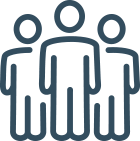 Aligning team members and building brand consistency with team libraries
Aligning team members and building brand consistency with team libraries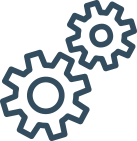 Business application integrations for more productive workflows
Business application integrations for more productive workflows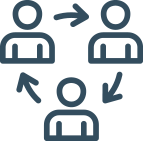 Optimized review tools for easy collaboration
Optimized review tools for easy collaboration Admin features for license management and company controlCreativity for all.Adobe and the Adobe logo are either registered trademarks or trademarks of Adobe in the United States and/or other countries. All other trademarks are the property of their respective owners.By clicking on some of the links in this email, you might be redirected to forms that will be pre-populated with your contact information.
Admin features for license management and company controlCreativity for all.Adobe and the Adobe logo are either registered trademarks or trademarks of Adobe in the United States and/or other countries. All other trademarks are the property of their respective owners.By clicking on some of the links in this email, you might be redirected to forms that will be pre-populated with your contact information.
This is a marketing email from Adobe Systems Software Ireland Limited, 4‑6 Riverwalk, Citywest Business Park, Dublin 24, Ireland.
Click here to unsubscribe or send an unsubscribe request to the postal address above. Please review the Adobe Privacy Policy:
Australia
New Zealand
Indonesia
Malaysia
Philippines
Vietnam
Singapore
India
Hong Kong
To ensure email delivery, add demand@info.adobe.com to your address book, contacts, or safe sender list.
If you have a privacy-related complaint, send it to: privacy@adobe.com
by "Adobe" <demand@info.adobe.com> - 09:01 - 28 Sep 2022 -
How Gen Z sees mental health—and how we can help
Harmony Internal - McKinsey
Get the latest 
Edited by Katherine Tam
Digital Editor, New YorkIt’s a tough time to be young. And when it comes to mental health, we can all do better to help Gen Z. According to a recent McKinsey Health Institute survey by McKinsey’s Léa Arora, Erica Coe, Martin Dewhurst, and Kana Enomoto, European Gen Z respondents report poorer mental health compared to older generations, including millennials, citing climate change, the Ukraine war, and COVID-19 as the major causes of distress. While many Gen Z respondents report stigmatizing themselves on mental health, they are also less likely to stigmatize or discriminate against others with mental illness—and that can open the door to help this generation get the care and support that they need. Dive into the data and make mental health a priority.
Quote of the day
—McKinsey senior partner Asutosh Padhi on his first international experience in the latest episode of My Rookie Moment
Chart of the day
ALSO NEW
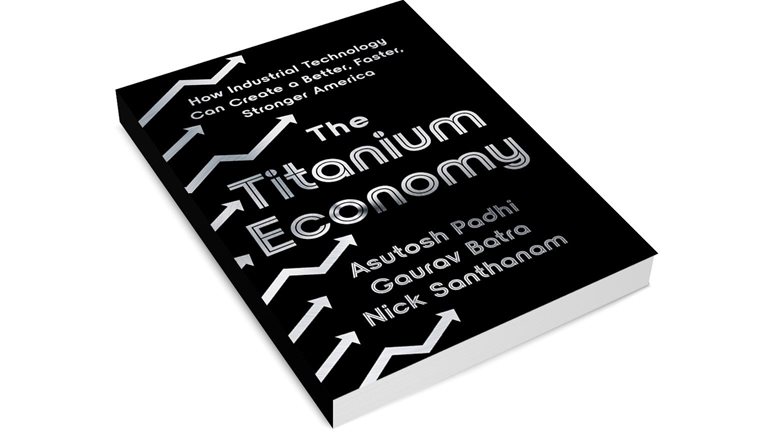
The Titanium Economy: How Industrial Technology Can Create a Better, Faster, Stronger America
Asutosh Padhi, Gaurav Batra, and Nick Santhanam reveal manufacturing, an under-appreciated and under-valued sector of the economy, for what it really is: a reliable source of high-paying, domestic jobs and soaring stock prices—a bright spot in an economy that has too often been buffeted by external shocks. #TitaniumEconomyBook
Share these insights
Did you enjoy this newsletter? Forward it to colleagues and friends so they can subscribe too. Was this issue forwarded to you? Sign up for it and sample our 40+ other free email subscriptions here.
This email contains information about McKinsey's research, insights, services, or events. By opening our emails or clicking on links, you agree to our use of cookies and web tracking technology. For more information on how we use and protect your information, please review our privacy policy.
You received this email because you subscribed to the Daily Read newsletter.
Copyright © 2022 | McKinsey & Company, 3 World Trade Center, 175 Greenwich Street, New York, NY 10007
by "McKinsey Daily Read" <publishing@email.mckinsey.com> - 06:32 - 28 Sep 2022 -
Converging crises test the global food system
Re:think
Food system risks A combination of factors is disrupting the global food supply. There have been other food crises in the past, but I think there are a couple of elements that make this different. We have more people to feed in a system that is global, but where there is more geopolitical constraint. And at the same time, emerging trends show a progressive increase of the risk of simultaneous breadbasket failure due to climate change.
There are six breadbaskets in the world. Combined, Ukraine and Russia are a big one. The region produces 28 percent of the world’s exported wheat and 15 percent of its corn. The current war in Ukraine has two implications. Besides being a region where you produce of lot of commodities, it’s also where some of the world’s fertilizer is produced. That’s contributed to the price of fertilizer going up, which impacts farmers’ ability to pay for those fertilizers, which can potentially have an impact on yield.
It’s happening at a time when grain stocks are relatively low in many countries. That’s because since 2020, we saw a spike in the price of agricultural commodities, and countries tend to deplete their stocks more aggressively when the price of commodities is high. The combination of relatively low stocks with a disruption in one of the breadbaskets has a further impact on price.
COVID-19 was a disruption to the food system mostly on a demand level, because people stopped going to restaurants and food service was mostly closed, and those areas are where a lot of fish and red meat are sold. That, in turn, had an impact on the demand for corn. Many people lost jobs, so they had less income, which also had an impact on demand. So, farmers adjusted to that lower demand. Then suddenly, some sectors reopened, creating a bit of a shock on demand.
Add to this an ongoing drought in India and in most places on the planet, including some of the breadbasket regions, for the past few months. That’s led to low production compared with the historical level.“There are six breadbaskets in the world. Combined, Ukraine and Russia are a big one. The region produces 28 percent of the world’s exported wheat and 15 percent of its corn.”
So, there are currently more shocks to the food system than usual.
On July 22, an agreement was signed between Russia and Ukraine and the prices of some commodities have come down. But it only partly solves the problem as there are indicators that planted and likely harvested areas could be 15 to 25 percent lower than historical levels. Current conditions may not produce the same yield as in previous years. In Ukraine, emerging trends show that 30 million to 44 million fewer tons of row crops are likely to be produced in 2023 compared with a typical year. There is less insight into what is happening in Russia, but some of the companies providing seeds and crop nutrition may not be operating under ideal conditions.
What has not been planted has not been planted. No one can change that.To deal with these problems in the shorter term, we must ask: How do we rebuild strategic stocks for the different commodities? And we have to also reflect on how could we protect populations most vulnerable to food insecurity and make food affordable for them? In the medium to long term, private- and public-sector stakeholders can think about how to build more resilience into the food supply chain. One way may be through diversification of the sources of supply—being less dependent on just a few countries. Another could be by trying to eliminate losses and waste, including by using effective seeds and using irrigation efficiently. Roughly 30 percent of all food globally is wasted across the value chain. And then there’s getting both the right level of protein consumption in diets and thinking about the protein mix. There is a factor of ten or more between the least and most efficient ways of producing protein. Focusing on the most efficient proteins can relieve some pressure on the food system.
Use energy as an analogy: the more energy efficiency you create, the more you create resilience in your energy system. The food system is very similar.
ABOUT THE AUTHOR
Nicolas Denis is a partner in McKinsey’s Brussels office. He advises government institutions on sustainable economic development and serves leading companies in agribusiness, fisheries, forestry, and biotech.
MORE FROM THIS AUTHOR
UP NEXTKweilin Ellingrud on how Americans view their economic opportunities
Americans are reporting more pessimism about their economic futures than in the past. Dig into the numbers and nuances of McKinsey’s latest American Opportunity Survey.
This email contains information about McKinsey’s research, insights, services, or events. By opening our emails or clicking on links, you agree to our use of cookies and web tracking technology. For more information on how we use and protect your information, please review our privacy policy.
You received this email because you subscribed to our McKinsey Quarterly alert list.
Copyright © 2022 | McKinsey & Company, 3 World Trade Center, 175 Greenwich Street, New York, NY 10007
by "McKinsey Quarterly" <publishing@email.mckinsey.com> - 02:37 - 28 Sep 2022 -
Final call: nominations for the GITEX Visitor Pass close at midnight
Final call: nominations for the GITEX Visitor Pass close at midnight
Nominate yourself to win a 5 day free visitor pass to GITEX'22  [ Sangoma Engage '21 - Sept. 28-30, 2021 ]Click Here to Nominate YourselfClick Here to Nominate Yourself [[https://forms.gle/cdCfaX3x1PX8DVeu5?utm_source=sangoma&utm_medium=email&utm_campaign=apac_nl_gitex_2022_09]]
[ Sangoma Engage '21 - Sept. 28-30, 2021 ]Click Here to Nominate YourselfClick Here to Nominate Yourself [[https://forms.gle/cdCfaX3x1PX8DVeu5?utm_source=sangoma&utm_medium=email&utm_campaign=apac_nl_gitex_2022_09]]Sangoma is offering its valued partners an exclusive chance to win a free 5 day Visitor Pass for GITEX'22 in Dubai. Nominate yourself and stand a chance to be among the top technology giant's of the world.
Sangoma Boothe:
Ontario booth # SR-E20 (Sheikh Rashid Hall)
 [ Image ]
[ Image ]Free video conferencing & collaboration with Sangoma Meet™ meet.sangoma.com
Sangoma Technologies
100 Renfrew Drive, Suite 100Markham ON L3R 9R6 CANADA
This email was sent to info@learn.odoo.com. If you no longer wish to receive these emails you may unsubscribe at any time.
by "Sangoma Technologies" <webannounce@sangoma.com> - 03:01 - 28 Sep 2022 -
Heat pumps have been around for decades. What’s significant about today’s models?
On Point
Four trends in heat pumps 
Edited by Andrew Simon
Senior Editor, Seattle• The potential of heat pumps? The net-zero transition calls for the decarbonization of buildings, and electrifying heating systems is one way to reduce emissions. Because of the cost and complexity of converting current systems, electrifying building heat has usually been challenging. But as electric heat pumps have become more efficient and cost-competitive, they have emerged as an increasingly viable solution, find McKinsey partners Blake Houghton, Evan Polymeneas, and colleagues. Heat pumps may be poised for widespread adoption in the decades to come, making up approximately 90% of new heating unit sales by 2050, up from 35% today.
This email contains information about McKinsey's research, insights, services, or events. By opening our emails or clicking on links, you agree to our use of cookies and web tracking technology. For more information on how we use and protect your information, please review our privacy policy.
You received this email because you subscribed to the On Point newsletter.
Copyright © 2022 | McKinsey & Company, 3 World Trade Center, 175 Greenwich Street, New York, NY 10007
by "McKinsey On Point" <publishing@email.mckinsey.com> - 12:51 - 28 Sep 2022 -
Understanding Web3
Harmony Internal - McKinsey
Understand the potential 
Edited by Joyce Yoo
Digital Editor, New YorkWhat are the fundamentals of Web3? Digital technologies such as cryptocurrencies and non-fungible tokens (NFTs) have been gaining a lot of traction in recent years, but the use cases, applications, and adoption across industries still remain to be seen. In a new article, Matt Higginson and his coauthors break down the basics of Web3: what it is, how it is built, what it can and cannot do, the risks, and implications for stakeholders. Be in the know and understand the core features of this new digital wave—and the potential disruption it could bring.
Quote of the day
—McKinsey associate partner Bonnie Dowling on confronting long-term attrition in a recent episode of The McKinsey Podcast
Chart of the day
ALSO NEW
Share these insights
Did you enjoy this newsletter? Forward it to colleagues and friends so they can subscribe too. Was this issue forwarded to you? Sign up for it and sample our 40+ other free email subscriptions here.
This email contains information about McKinsey's research, insights, services, or events. By opening our emails or clicking on links, you agree to our use of cookies and web tracking technology. For more information on how we use and protect your information, please review our privacy policy.
You received this email because you subscribed to the Daily Read newsletter.
Copyright © 2022 | McKinsey & Company, 3 World Trade Center, 175 Greenwich Street, New York, NY 10007
by "McKinsey Daily Read" <publishing@email.mckinsey.com> - 06:41 - 27 Sep 2022



